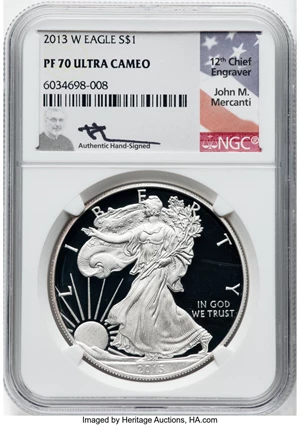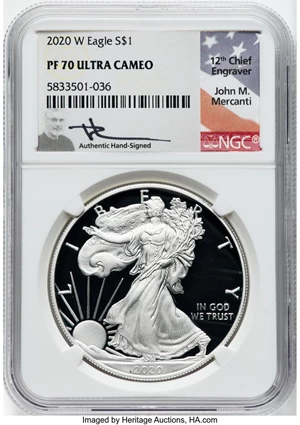Greysheet & CPG® PRICE GUIDE
- U.S. Coins /
- Colonial & Post-Colonial Issues /
-
1652 Massachusett Values
About This Series
Catalog Detail
Legal Disclaimer
The prices listed in our database are intended to be used as an indication only. Users are strongly encouraged to seek multiple sources of pricing before making a final determination of value. CDN Publishing is not responsible for typographical or database-related errors. Your use of this site indicates full acceptance of these terms.




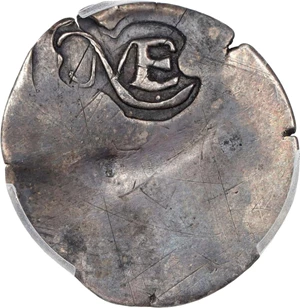
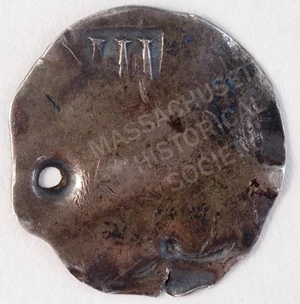


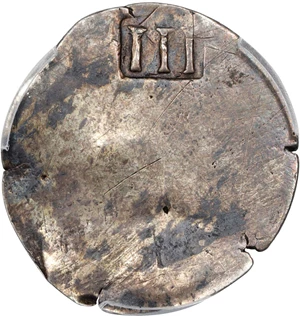
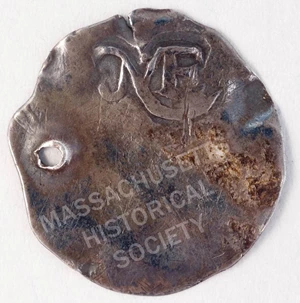










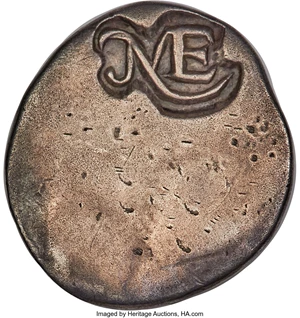
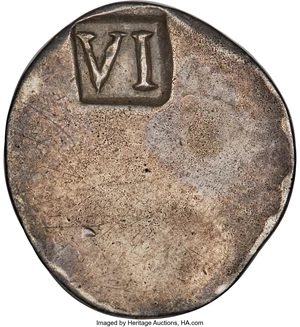


| Massachusetts (New England) | Value Range | Favorite | |||
|---|---|---|---|---|---|
| Massachusetts (New England) | Value Range | ||||
|
$660,000
-
$660,000
$660,000 - $660,000
|
||||
|
$37,000
-
$489,500
$37,000 - $489,500
|
||||
|
$11,500
-
$204,000
$11,500 - $204,000
|
||||
|
$1,200
-
$51,000
$1,200 - $51,000
|
||||
|
-
|
||||
|
$1,150
-
$138,000
$1,150 - $138,000
|
||||
|
$10,000
-
$10,000
$10,000 - $10,000
|
||||
|
$1,750
-
$150,000
$1,750 - $150,000
|
||||
|
$3,250
-
$102,000
$3,250 - $102,000
|
||||
|
$1,750
-
$150,000
$1,750 - $150,000
|
||||
|
$2,050
-
$102,000
$2,050 - $102,000
|
||||
|
$4,050
-
$26,500
$4,050 - $26,500
|
||||
|
$1,300
-
$54,000
$1,300 - $54,000
|
||||
|
$1,400
-
$54,000
$1,400 - $54,000
|
||||
|
$1,300
-
$54,000
$1,300 - $54,000
|
||||
|
$2,000
-
$53,000
$2,000 - $53,000
|
||||
|
$2,450
-
$53,000
$2,450 - $53,000
|
||||
|
$4,400
-
$6,250
$4,400 - $6,250
|
||||
|
$2,150
-
$52,000
$2,150 - $52,000
|
||||
|
$6,250
-
$78,000
$6,250 - $78,000
|
||||
|
$2,150
-
$52,000
$2,150 - $52,000
|
||||
|
$3,500
-
$19,000
$3,500 - $19,000
|
||||
|
$5,000
-
$48,000
$5,000 - $48,000
|
||||
|
$1,400
-
$84,000
$1,400 - $84,000
|
||||
From the Greysheet Marketplace
Buy Now: $60.00
Buy Now: $305.25
Buy Now: $3,600.00
Buy Now: $1,800.00
Buy Now: $1,800.00
Auction Ends: 5/19/2025
Auction Ends: 5/19/2025
Buy Now: $1,000.00
Buy Now: $1,000.00
Buy Now: $1,000.00
Related Stories (powered by Greysheet News)
View all news
Numismatic Enthusiasts Gather for Exclusive Debut and Engaging Discussions
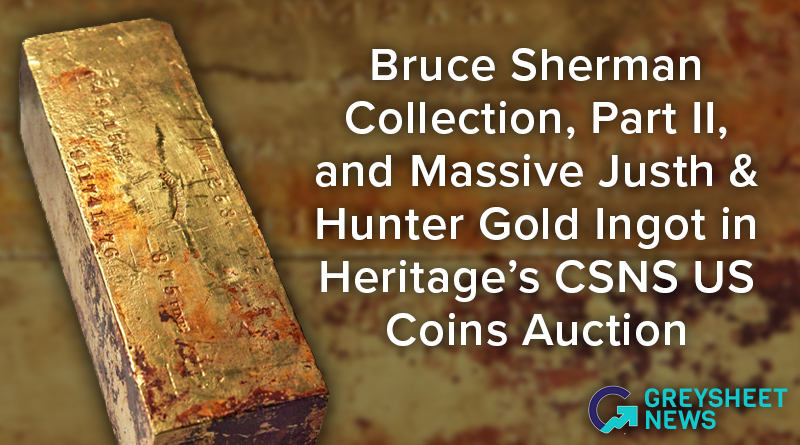
Pelican Bay Collection and 1852/1 Humbert Twenty also among April 30-May 4 event highlights.
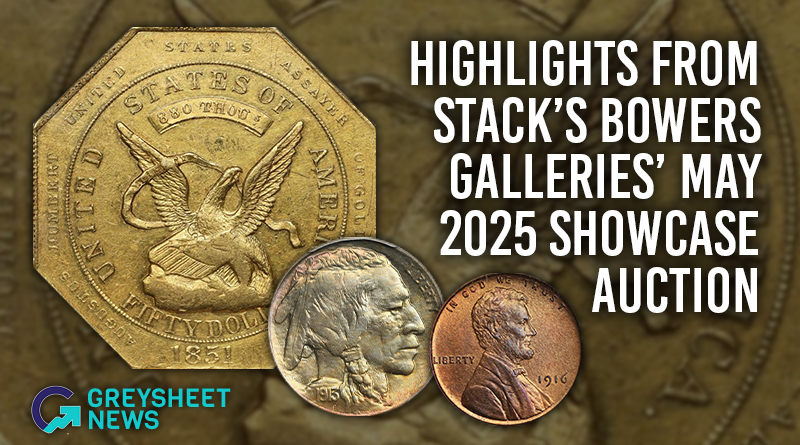
Stack's Bowers Galleries is proud to announce that their May 2025 Showcase Auction, a 375-lot sale focused on United States federal coinage, is now open for pre-sale bidding at StacksBowers.com.
Greysheet Catalog Details
Catalog Detail
Legal Disclaimer
The prices listed in our database are intended to be used as an indication only. Users are strongly encouraged to seek multiple sources of pricing before making a final determination of value. CDN Publishing is not responsible for typographical or database-related errors. Your use of this site indicates full acceptance of these terms.



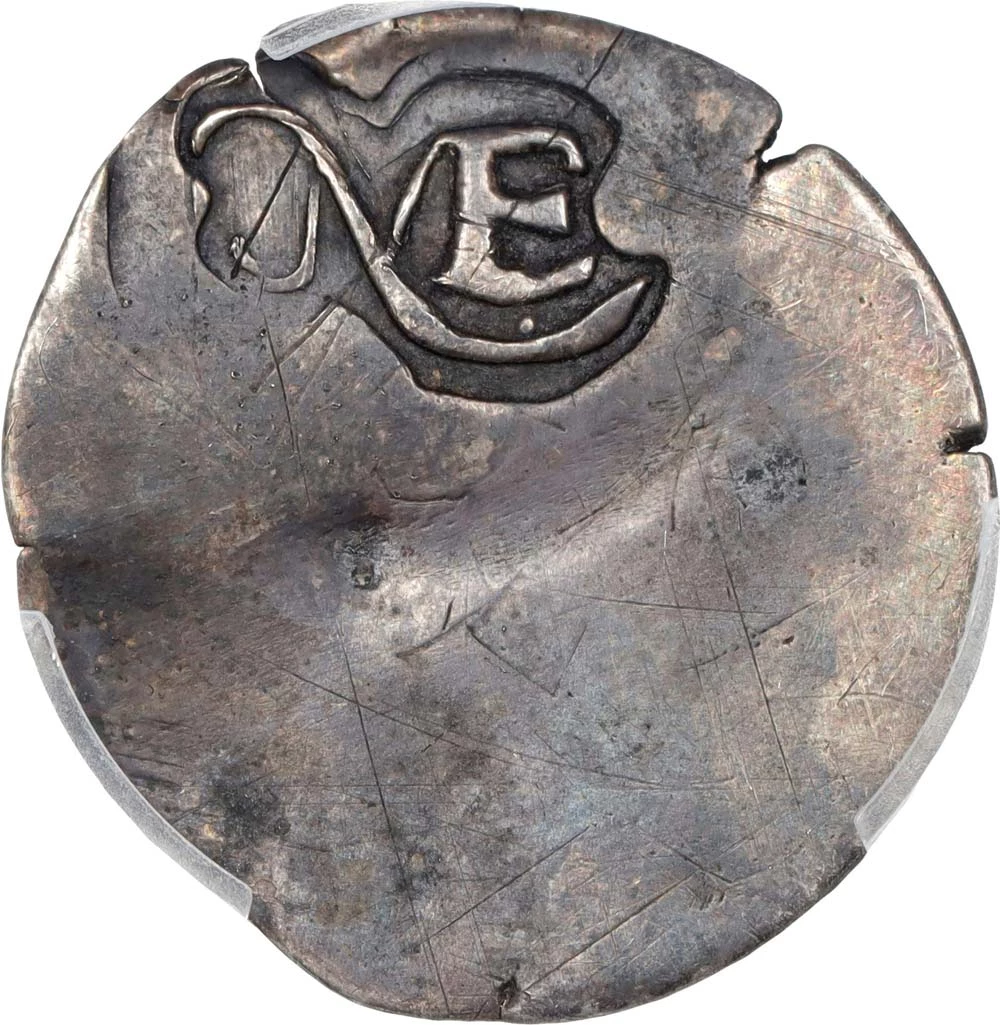






 Loading more ...
Loading more ...

